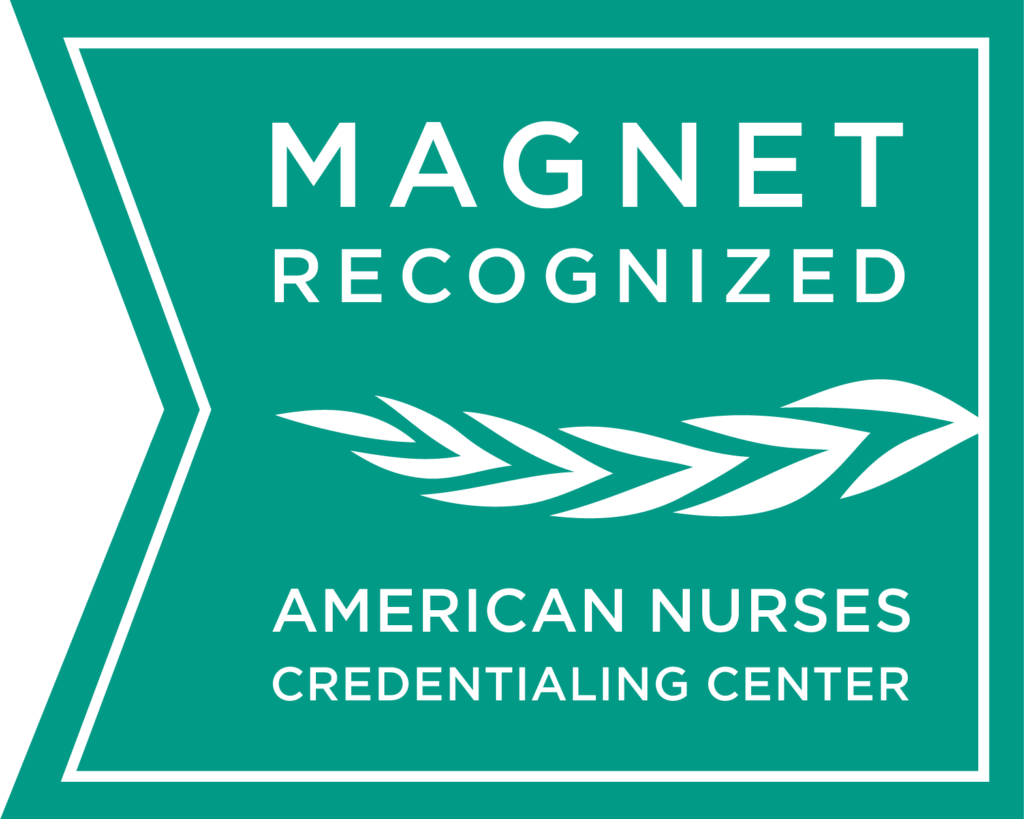
Table of Contents
- Importance of Evidence-Based Practice
EBP is vital in enhancing patient outcomes and supports healthcare professionals in making informed clinical decisions. By relying on the best available evidence, clinicians can provide high-quality care tailored to individual patient needs. Studies have shown that implementing EBP can lead to improved patient satisfaction, reduced hospital readmissions, and better overall health outcomes (Titler, 2018).
The Magnet Recognition Program
is designed to promote excellence in nursing and healthcare organizations. To achieve Magnet status, organizations must meet rigorous standards that assess their leadership, structural empowerment, exemplary professional practice, and the provision of a healthy work environment (ANCC, 2023). Organizations recognized as Magnet have demonstrated superior patient care, high levels of nurse satisfaction, and better retention rates.
The relationship between EBP and Magnet status .
EBP is a foundational component of the Magnet Model, as it aligns with the program’s emphasis on professional practice and patient-centered care. By fostering a culture of inquiry and innovation, Magnet organizations encourage nurses to engage in EBP, thereby enhancing the quality of care provided. For instance, a study conducted at a Magnet hospital found that the implementation of EBP protocols led to a 30% reduction in catheter-associated urinary tract infections (Cullen et al., 2019). This illustrates how EBP not only supports Magnet criteria but also directly contributes to improved patient outcomes.
Moreover, organizations that achieve Magnet status often serve as role models for others seeking to enhance their nursing practices. These organizations share best practices and provide mentorship opportunities, further promoting the integration of EBP across the nursing profession. The synergy between EBP and the Magnet Recognition Program ultimately cultivates a culture of excellence that benefits both healthcare providers and patients.
conclusion
Evidence-based practice and the Magnet Recognition Program are integral to advancing nursing and improving patient care. As healthcare continues to evolve, the emphasis on EBP will be crucial in meeting the standards set by the Magnet Program and enhancing the overall quality of healthcare. By fostering environments that support EBP, healthcare organizations can achieve Magnet status and, ultimately, better serve their patients.
References
- American Nurses Credentialing Center (ANCC). (2023). Magnet Recognition Program. Retrieved from ANCC Website
- Cullen, K. A., Hall, M. J., & Golosinskiy, A. (2019). Catheter-associated urinary tract infections in the United States: a national estimate of costs and outcomes. Infection Control & Hospital Epidemiology, 40(5), 579-586.
- Melnyk, B. M., & Fineout-Overholt, E. (2015). Evidence-Based Practice in Nursing & Healthcare: A Guide to Best Practice. Wolters Kluwer.
- Titler, M. G. (2018). The evidence for evidence-based practice implementation. Nursing Clinics of North America, 53(4), 633-647.

